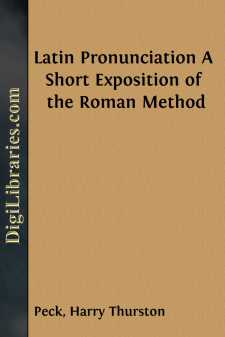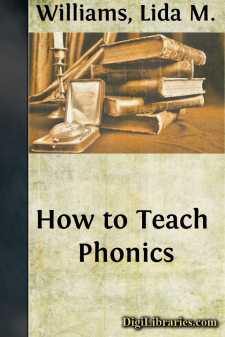Categories
- Antiques & Collectibles 13
- Architecture 36
- Art 48
- Bibles 22
- Biography & Autobiography 813
- Body, Mind & Spirit 142
- Business & Economics 28
- Children's Books 17
- Children's Fiction 14
- Computers 4
- Cooking 94
- Crafts & Hobbies 4
- Drama 346
- Education 46
- Family & Relationships 57
- Fiction 11829
- Games 19
- Gardening 17
- Health & Fitness 34
- History 1377
- House & Home 1
- Humor 147
- Juvenile Fiction 1873
- Juvenile Nonfiction 202
- Language Arts & Disciplines 88
- Law 16
- Literary Collections 686
- Literary Criticism 179
- Mathematics 13
- Medical 41
- Music 40
- Nature 179
- Non-Classifiable 1768
- Performing Arts 7
- Periodicals 1453
- Philosophy 64
- Photography 2
- Poetry 896
- Political Science 203
- Psychology 42
- Reference 154
- Religion 513
- Science 126
- Self-Help 84
- Social Science 81
- Sports & Recreation 34
- Study Aids 3
- Technology & Engineering 59
- Transportation 23
- Travel 463
- True Crime 29
If You Don't Write Fiction
Categories:
Description:
Excerpt
CHAPTER I
ABOUT NOSES AND JAWS
A foxhound scents the trail of his game and tracks it straight to a killing. A lapdog lacks this capability. In the same way, there are breeds of would-be writers who never can acquire a "nose for news," and others who, from the first day that they set foot in editorial rooms, are hot on the trail that leads to billboard headlines on the front page of a newspaper or acceptances from the big magazines.
Many writers who are hopelessly clumsy with words draw fat pay checks because they have a faculty for smelling out interesting facts. In the larger cities there are reporters with keen noses for news who never write a line from one year's end to another, but do all of their work by word of mouth over the telephone.
To the beginner such facts as these seem to indicate that any one can win in journalism who has the proper kind of nose. This conclusion is only a half-truth, but it is good for the novice to learn—and as soon as possible—that the first requisite toward "landing" in the newspapers and magazines is to know a "story" when he sees one.
In the slang of the newspaper shop a "story" means non-fiction. It may be an interview. It may be an account of a fire. It may be a page of descriptive writing for the Sunday magazine section. It may be merely a piece of "human interest."
As my own experience in journalism covers barely fifteen years, the writer would not be bold enough to attempt to define a "story" further than to state that it is something in which an editor hopes his public will be interested at the time the paper or magazine appears upon the newsstands. To-morrow morning or next month the same readers might not feel the slightest interest in the same type of contribution.
Timeliness of some sort is important, yet a "story" may have little to do with what in the narrower sense is usually thought of as "news"—such as this morning's happenings in the stock markets or the courts, or the fire in Main Street. The news interest in this restricted sense may dangle from a frayed thread. The timeliness of the contribution may be vague and general. We may not be able to do more than sense it. This is one reason why men of academic minds, who love exact definitions, never feel quite at ease when they attempt to deal with the principles of journalism.
We practical men, who earn a living as writers, feel no more at ease than the college professors when we attempt to deal with these principles. When we are cub reporters we are likely to conceive the notion that a "story" is anything startling enough, far enough removed from the normal, to catch public attention by its appeal to curiosity. Later, we perceive that this explains only half of the case. The other half may baffle us to the end. Instance the fact that a great many manuscripts sell to newspapers and magazines upon the merits of that mysterious element in writing known as "human interest." If a reward were offered for an identification of "human interest" no jury could agree upon the prize-winning description. A human interest story sometimes slips past the trained nose of a reporter of twenty years' experience and is picked up by a cub. It is something you tell by the scent.
This scent for the trail of a "story" may be sharpened by proper training, and one of the best places for a beginner to acquire such training—and earn his living in the meantime—is in a newspaper office. Yet nothing could be further from the present writer's intention than to advise all beginners in journalism to apply for jobs as reporters. Some of the most successful magazine contributors in America have never set foot inside of a newspaper plant except to pay a subscription to the paper or to insert a want ad for a chauffeur or a butler.
If you have nose sense for what the public is eager to read, newspaper experience can teach you nothing worth while unless it is a deeper knowledge of human nature....












